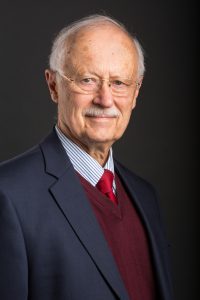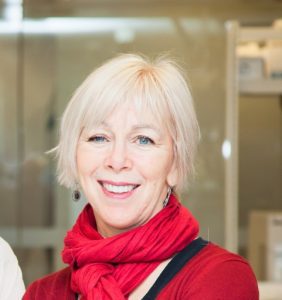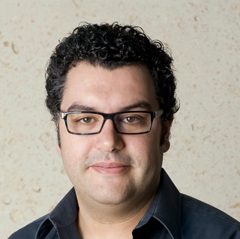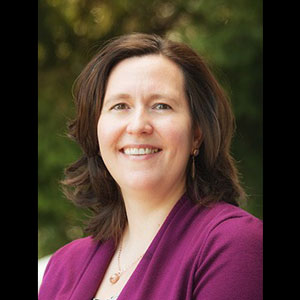The CAN2018 Scientific program committee, led by Shernaz Bamji and Paul Frankland is proud to announce the keynote, presidential and plenary speakers.
Presidential Lecture:



Richard L. Huganir, PhD
Professor and Director of the Solomon H. Snyder Department of Neuroscience at Johns Hopkins University
Co-director of the Brain Science Institute at the Johns Hopkins school of Medicine
Director of the Kavli Neuroscience Discovery Institute
View Richard Huganir’s speaker profile
Special opening night lecture:



Gordon M. Shepherd, MD, D Phil
Professor of Neuroscience at the Yale School of Medicine
Dr. Gordon Shepherd introduced the olfactory system as a model for analyzing the properties of neurons and synapses in the brain and the formation of neural images of olfactory molecules.
His research has contributed to our understanding of the properties of neuronal dendrites and spines, olfactory processing, and development of the new fields of computational neuroscience, brain microcircuits, neuroinformatics, and neurogastronomy.
View Gordon Shepherd’s speaker profile
Keynote Lecture :



Freda D. Miller, PhD
Senior Scientist at The Hospital for Sick Children Research Institute
Professor at the University of Toronto
Howard Hughes Medical Institute International Research Scholar
Canada Research Chair in Developmental Neurobiology
Fellow of the Royal Society of Canada
Fellow of the American Association for the Advancement of Science.
View Freda Miller’s speaker profile
Plenary speaker 1:



Rui M. Costa, DVM, PhD
Professor of Neuroscience and Neurology, Columbia University
Principal Investigator at Columbia’s Zuckerman Institute
View Rui Costa’s speaker profile
Plenary speaker 2:



Kay M. Tye, Ph.D.
Assistant Professor
Principal Investigator
Whitehead Professorship Chair
Picower Institute for Learning and Memory
MIT Dept. of Brain and Cognitive Sciences
Massachusetts Institute of Technology
View Kay Tye’s speaker profile
Plenary speaker 3:



Beth Stevens, PhD
Associate Professor of Neurology, Harvard University
Boston Children’s Hospital
Institute member of the Broad Institute
View Beth Stevens’s speaker profile
Public lecture speakers:



Catharine Winstanley, PhD
Associate Professor, Department of Psychology, University of British Columbia
Dr. Catharine Winstanley investigates the brain mechanisms involved in impulse control. Defects in higher-order cognitive functions such as impulse control are involved in gambling and substance abuse problems. Dr. Winstanley’s research has also shown that traumatic brain injury and Parkinson’s disease can also result in cognitive dysfunction.
By using a multidisciplinary approach combining molecular biology techniques with pharmacological approaches and behavioral testing, the Winstanley laboratory has uncovered some of the factors and mechanisms underlying impulse control.
Learn more about her research on Catharine Winstanley’s laboratory of Molecular and Behavioural Neuroscience website



Dr Luke Clark
Director, Centre for Gambling Research at UBC
Department of Psychology
Dr. Luke Clark is a global expert on the psychology of gambling. Dr. Clark’s research is directed at understanding the neural and psychological basis of distorted styles of thinking during gambling, and the relevance of these processes to problem gambling. This work combines measurement of brain activity and psychophysiology during cognitive tasks with other approaches including investigation of patients with focal brain injury, and pharmacological studies in healthy volunteers.
The goal of the Centre for Gambling Research at UBC is to reduce the harms associated with problem gambling through the scientific study of the psychology and the neuroscience of gambling games and problem gamblers, ultimately improving evidence-based gambling policy.
Learn more about Dr. Clark’s research on the Centre for Gambling Research at UBC website






